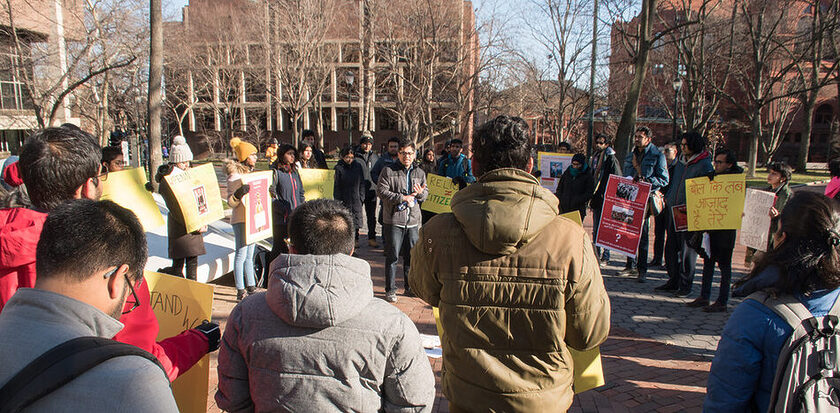Four years after the bill was passed in the Parliament, the contentious Citizenship Amendment Act (CAA) has finally become a reality. The Indian government issued a notification for the implementation of the CAA on Monday, marking a significant milestone in the country’s legislative history.
The CAA, which makes religion a test of citizenship for the first time, was cleared by Parliament in December 2019 amid violent protests and fierce resistance from opposition politicians and non-BJP states. The implementation of the CAA, a major campaign platform for the ruling BJP in the 2019 general election, comes just weeks before the 2024 Lok Sabha poll.
The Ministry of Home Affairs in a statement on X, formerly Twitter, said, “Ministry of Home Affairs (MHA) will be notifying today, the Rules under the Citizenship (Amendment) Act, 2019 (CAA-2019). These rules, called the Citizenship (Amendment) Rules, 2024 will enable the persons eligible under CAA-2019 to apply for grant of Indian citizenship.”
The applications will be submitted in a completely online mode for which a web portal has been provided. (2/2)@HMOIndia @PIB_India @DDNewslive @airnewsalerts
— Spokesperson, Ministry of Home Affairs (@PIBHomeAffairs) March 11, 2024
The ministry added that the applications for the same are in a completely online mode for which a web portal has been provided.
The CAA seeks to grant Indian nationality to persecuted non-Muslim migrants – Hindus, Sikhs, Jains, Buddhists, Parsis and Christians – from Bangladesh, Pakistan and Afghanistan who had come to India till December 31, 2014. The Parliament approved the CAA in December 2019, with the Act subsequently getting Presidential assent from then-President Ram Nath Kovind.
However, the rules under this law are only now being implemented. According to a PTI report, the CAA law can be put into action with the issuance of MHA notification, allowing eligible individuals to obtain Indian citizenship. “The regulations are prepared, and an online portal is already set up for the entire process, which will be conducted digitally. Applicants will need to disclose the year of their entry into India without any travel documents. No additional documentation will be required from the applicants,” a government official told PTI.
Ever since its introduction, the law has been a subject of controversy, as multiple protests erupted across the country. Over 17 other similar protests popped up across the country in the weeks that followed. The leading opposition parties argue that the CAA is discriminatory as it targets Muslims. The government explains that since Pakistan, Afghanistan, and Bangladesh are Islamic republics with a Muslim majority, Muslims cannot be considered persecuted minorities. However, they assure that applications from other communities will be reviewed on a case-by-case basis.
The impact of this law is not just restricted to the economy, inflation or employment but extends to the social harmony, international trade and foreign relations. There are many questions, assumptions and assertions arising as repercussions to this decision laid by the current ruling party.
In conclusion, the implementation of the CAA marks a significant milestone in India’s legislative history. While the Act has been a subject of controversy and has sparked widespread protests, it is now a reality. It remains to be seen how the implementation of the CAA will unfold in the coming days and what impact it will have on the country’s social harmony, international trade, and foreign relations.











